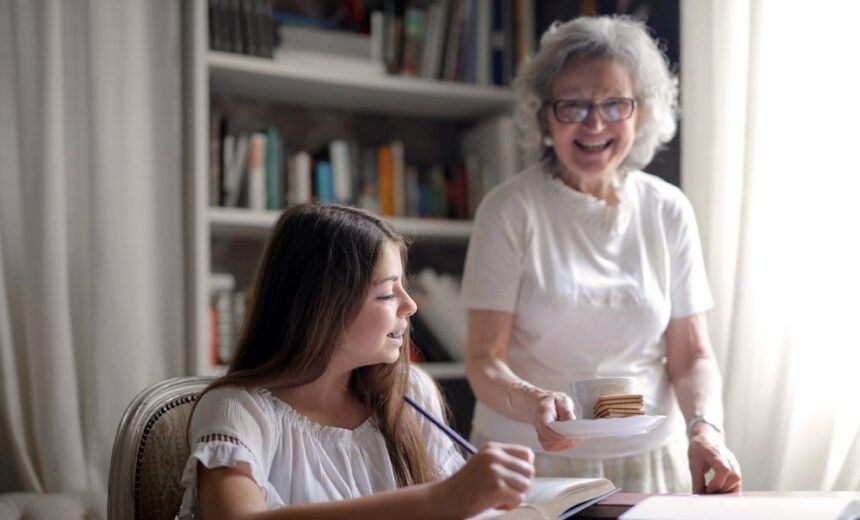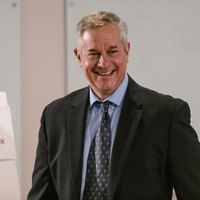PACE programs continue to innovate

Massachusetts-based Element Care Extends PACE Day Care Programs to Home
The devastating impact of the pandemic on nursing home residents has also drawn attention to programs to help patients with complex medical needs in the community. Many have had to get creative and rely on technology to find new ways to care for their patients.
The Program for Integrated Care for the Elderly (PACE) is an evidence-based model of care for seniors who receive nursing home-level care but live primarily in community settings. About 260 PACE organizations in 31 states serve about 54,000 people. On average, each works with about 400 applicants. This is a high-cost, high-need population with significant disabilities. On average, participants have six chronic conditions and 46 percent have dementia. Ninety percent are dually eligible for Medicare and Medicaid. PACE organizations receive per capita payments and are responsible for all services, including medical, behavioral and long-term services and supports. Teams have funding flexibility and can consider social determinants or use the funding to provide services such as air conditioning for someone with a respiratory illness.
Although all PACE participants must have a nursing home certificate of need for nursing home care to enroll in PACE, only about 7 percent of PACE participants nationwide live in nursing homes. If a PACE participant needs nursing home care, the PACE program pays for it and continues to coordinate their care. When the pandemic struck, these programs took pioneering steps to move many of their services from PACE day centers to home settings.
Element Care, a nonprofit organization founded in 1994, was created as a joint venture between Lynn Community Health Center and Greater Lynn Senior Services to bring an all-inclusive program to seniors in their Massachusetts community. Today, Element Care has eight PACE adult day health centers and two alternative care facilities covering the North Shore, Merrimack Valley and the northeast region of Middlesex County.
Joanna Duby, M.D., medical director of Element Care, said each center employs between 120 and 200 seniors. “We usually have a day center there. People come in during the day, have breakfast, have lunch, we have activities, and we also have medical care for them. We have nursing staff, physical therapist, social workers, nutritionists and doctors, nurse practitioners and our own behavioral health staff. We are a very flexible model. If someone needs to be seen at home, they will be seen at home.”
That all changed when the pandemic hit and seniors in the program couldn’t get together. “Element Care didn’t pay much attention to telehealth before because they felt it didn’t meet the needs and capabilities of the population,” Dabi said. “When the pandemic hit, we took another look at telemedicine visits to see if they could be friendly to our elders because we didn’t know how long it would last.”
They ended up partnering with GrandPad, which has its own tablet computer designed for seniors. “It’s a very simple interface. They can do very limited things with it,” Dabi explained. Users can only call people who are on their list. With the click of a button, they can contact a nurse. “We quickly implemented them, and the behavioral health team started using them, the physical therapy team started using them either for individual therapy sessions or even for group sessions,” Dabi added.
Gradually, PACE participants used it for missed events as well. They had coffee hours with other friends from the center they hadn’t seen in a year. “We also saw a nurse and/or nutritionist. Within six months we had 300 to 400 users, and I don’t think they’re leaving,” Dabi said. “I think the people who have them like them and want to keep using them. They can video chat with their families and friends. As a program, we’ve always appreciated that someone’s family life and lack of loneliness and connection to them is just as important as the medication they take, what they eat, and that they have something to eat and a roof over their head.”







